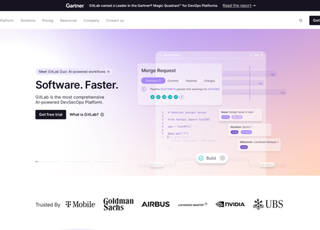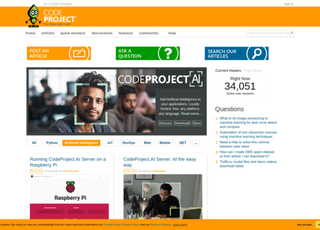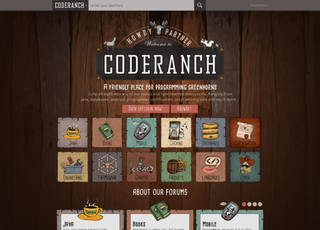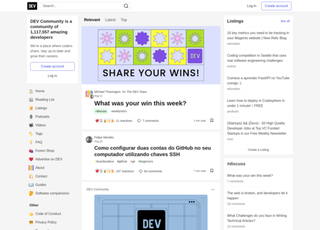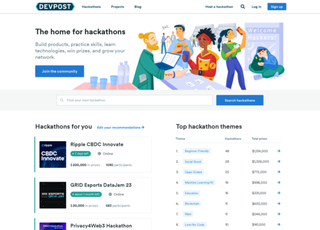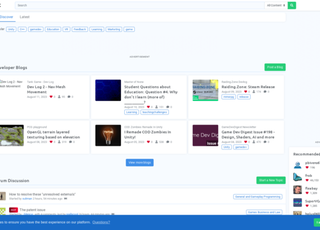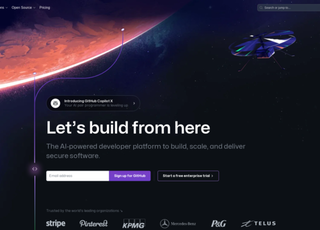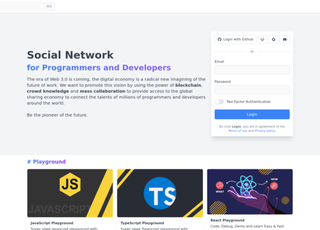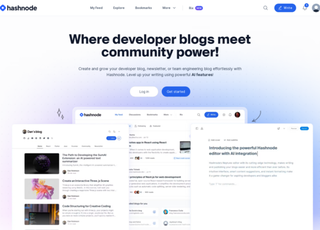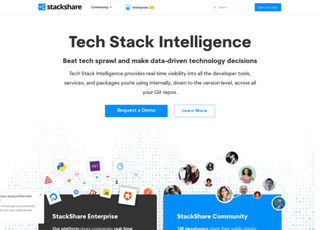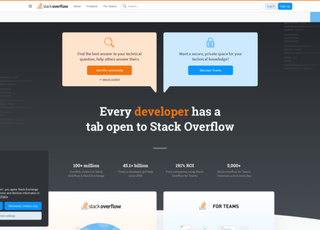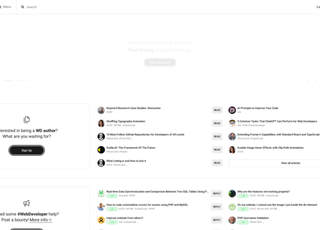GitLab
GitLab is a comprehensive DevOps platform, essentially a web-based Git repository manager that facilitates both version control and collaboration for software development. It stands out by offering a robust range of tools and features that cover the entire software development lifecycle. Here's a detailed breakdown:
Version Control
At its core, GitLab is built around Git, a distributed version control system. It allows teams to track changes in their code, branch out for new features, and merge these changes into the main codebase. It's particularly strong in handling merge requests, code reviews, and providing a clear history of changes.
Continuous Integration and Deployment (CI/CD)
GitLab has a powerful built-in CI/CD feature. This allows developers to automate the testing and deployment of their code. It supports pipelines which are configurations that define how the code is built, tested, and deployed. This automation increases efficiency and ensures consistent quality control.
Project Management
It integrates project management tools that enable planning, scheduling, tracking, and managing software development projects. Features like issue tracking, kanban boards, and milestone tracking help teams stay organized and on track with their project goals.
Security and Compliance
GitLab places a strong emphasis on security. It includes features like static and dynamic application security testing, dependency scanning, and container scanning to identify security vulnerabilities. This is complemented by compliance management tools that help teams adhere to various industry standards and regulations.
Collaboration Features
GitLab supports collaboration through features like wikis, a system for documenting project details, and a discussion forum for brainstorming and resolving issues. Its merge request system also allows for code review and feedback, fostering collaboration among team members.
Scalability and Flexibility
One of GitLab’s strengths is its scalability. It can handle projects of any size, from small startups to large enterprises. Additionally, it offers flexibility in terms of deployment - it can be hosted on the cloud (GitLab.com) or on-premises.
Community and Open Source
GitLab has a strong community and is open-source for its core features. This means that the software can be freely used, modified, and distributed by anyone. The community contributes to its development, making it a continuously evolving platform.
Integrations
GitLab integrates well with many third-party tools and services, further enhancing its capabilities. This includes integrations with monitoring tools, cloud services, and other productivity software.
User Interface and Experience
GitLab offers a user-friendly interface that is both intuitive and efficient for users at different expertise levels. The dashboard provides an overview of projects, along with detailed views for issues, merge requests, CI/CD pipelines, and more. This ease of navigation enhances productivity, especially in complex projects.
Customization and Configuration
GitLab is highly customizable, allowing teams to configure it to their specific workflow needs. Whether it's setting up custom CI/CD pipelines, issue templates, or project-specific settings, GitLab offers flexibility to adapt to various project requirements.
Documentation and Support
GitLab is well-documented, providing extensive resources to help users understand and utilize its features fully. This includes official documentation, tutorials, forums, and a community where users can seek help, share knowledge, and learn best practices.
Performance and Reliability
Being a mature and well-maintained platform, GitLab is known for its performance and reliability. It is designed to handle high volumes of data and activity without significant slowdowns, making it suitable for large-scale operations.
Market Position and Competitiveness
In the landscape of DevOps tools, GitLab holds a significant position. It competes with other platforms like GitHub and Bitbucket but differentiates itself with its single-application approach covering the entire software lifecycle, something that's unique in the space.
Continuous Improvement and Updates
GitLab is known for its rapid development cycle, with frequent updates and new features being added regularly. This continual improvement ensures that it stays current with the latest industry trends and meets the evolving needs of developers and teams.
Ecosystem and Community Contributions
The open-source nature of GitLab has led to a rich ecosystem. Users and contributors from around the world have developed plugins, integrations, and extensions that enhance its functionality. This community-driven development model ensures a diverse range of features and continuous innovation.
GitLab is much more than a code repository or version control system; it's a comprehensive platform that supports the entire DevOps lifecycle. Its rich feature set, scalability, and strong community support make it a preferred choice for many software development teams and organizations worldwide.




















